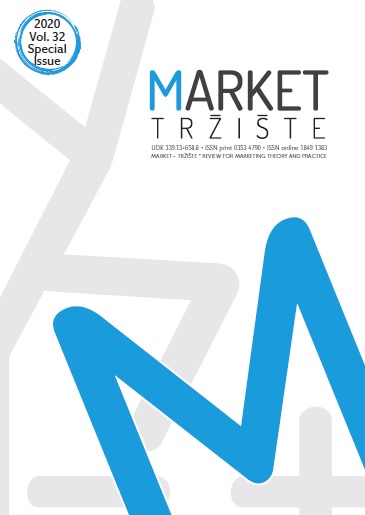On the Way to Food Well-Being. A Critical Analysis of the Food Well-Being Concept and the Possibilities of Its Empirical Verification
On the Way to Food Well-Being. A Critical Analysis of the Food Well-Being Concept and the Possibilities of Its Empirical Verification
Author(s): Anna Rogala, Renata Nestorowicz, Ewa JerzykSubject(s): Business Economy / Management, Marketing / Advertising
Published by: CROMAR (Hrvatska zajednica udruga za marketing) i Ekonomski fakultet Zagreb
Keywords: food well-being; well-being; eudaimonia; hedonism; food consumption;
Summary/Abstract: Purpose – The purpose of this paper was to take a critical look at the FWB concept and the possibilities of its empirical verification, aimed at identifying limitations and difficulties in measurement. Design/Methodology/Approach – The critical literature analysis is based on inductive reasoning and was conducted on two levels – the conceptual framework of FWB and empirical research in the FWB field. Findings and implications – The interdisciplinarity of FWB conceptual models hinders their empirical verification. In the analysed studies, empirical measurements are characterized by fragmentation. The fact that researchers use various methods causes problems with comparing results and formulating universal conclusions or recommendations that contribute to increasing the level of FWB in terms of the individual or the society. Moreover, the issue of the shape of the FWB pinwheel needs to be clarified, e.g. individual issues should be included under a separate food (related) personality dimension. Limitations – The analyses were based solely on the review of available literature and existing research, which was conducted in most part from the perspective of one discipline. Primary empirical and interdisciplinary study is needed to explore the subject further. Originality – To the best of authors’ knowledge, no attempt has been made so far to analyse FWB in the presented approach, which would allow defining its conceptual limitations, t
Journal: MARKET/TRŽIŠTE
- Issue Year: 32/2020
- Issue No: SI
- Page Range: 31-48
- Page Count: 18
- Language: English

